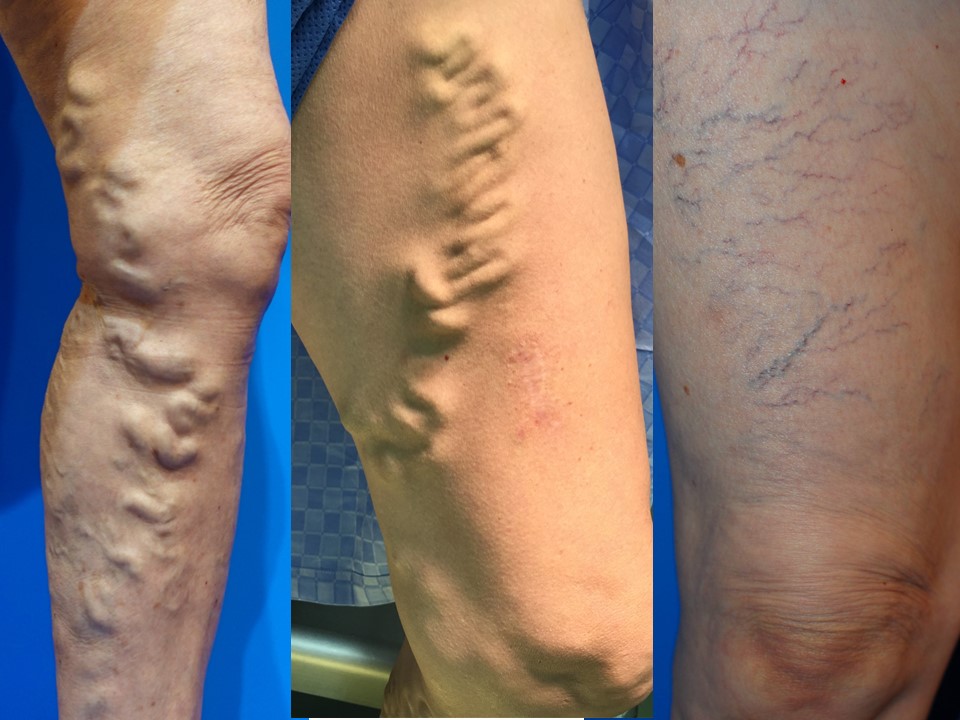Do You Know About Varicose Veins in the Legs?
Varicose veins, also known as “leg varicose veins”, occur when blood in the veins does not flow smoothly back to the heart, causing the veins in the legs to expand. In the early stages, it may only cause mild discomfort, but as the condition progresses, symptoms such as pain, swelling, and skin discoloration can appear.
Since visual explanations are easier to understand, this article introduces specific examples of varicose veins with images.
1. Early Symptoms of Varicose Veins
Here is an image showing mild varicose veins. In this stage, slightly bulging bluish-purple veins can be seen. This condition is called spider veins. Although it is referred to as “varicose veins,” it does not necessarily develop into the more severe, bulging form of varicose veins in the future.
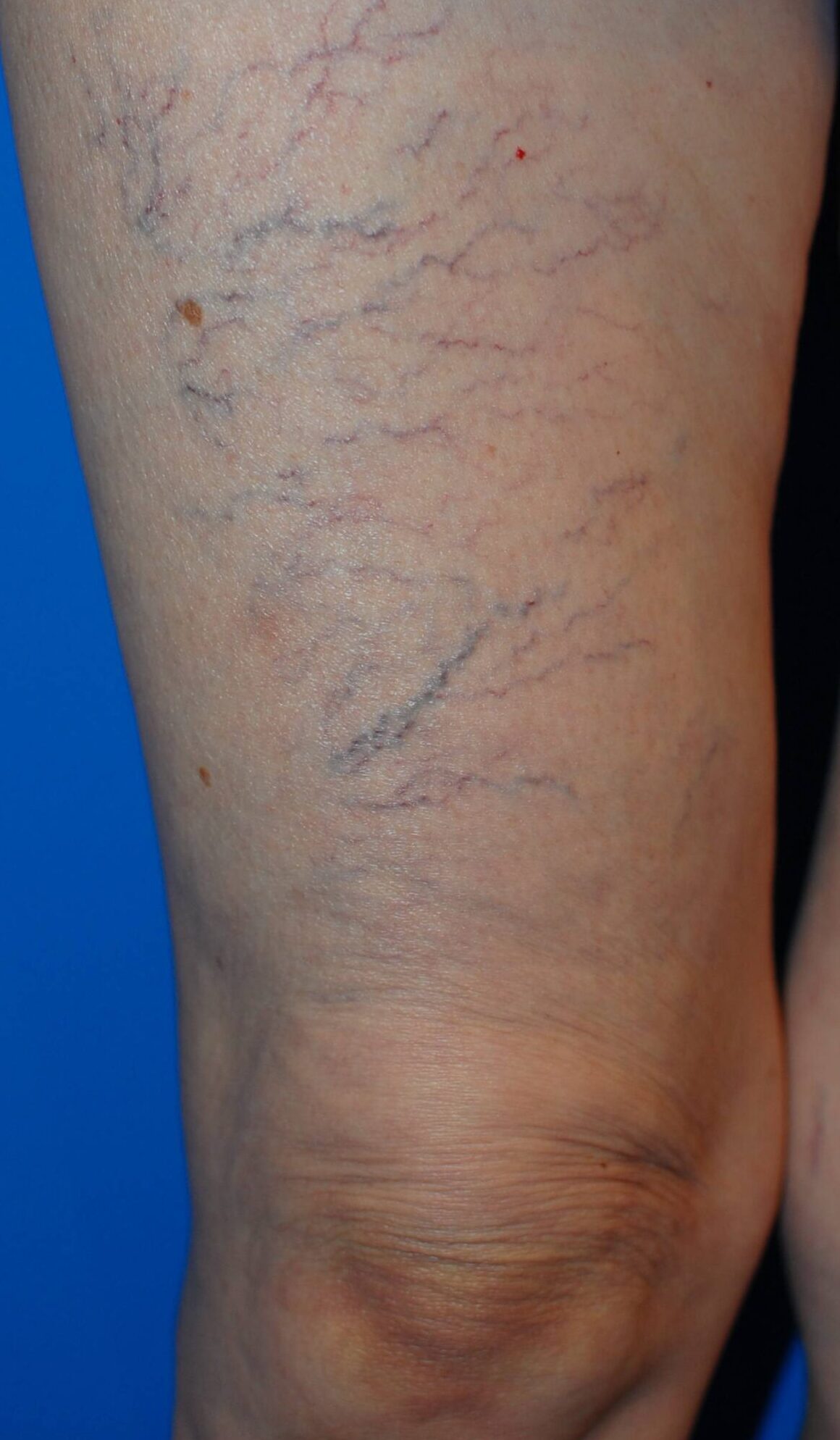
2. Moderate Varicose Veins
At this stage, the veins become more prominent, and the swelling of the blood vessels becomes noticeable.
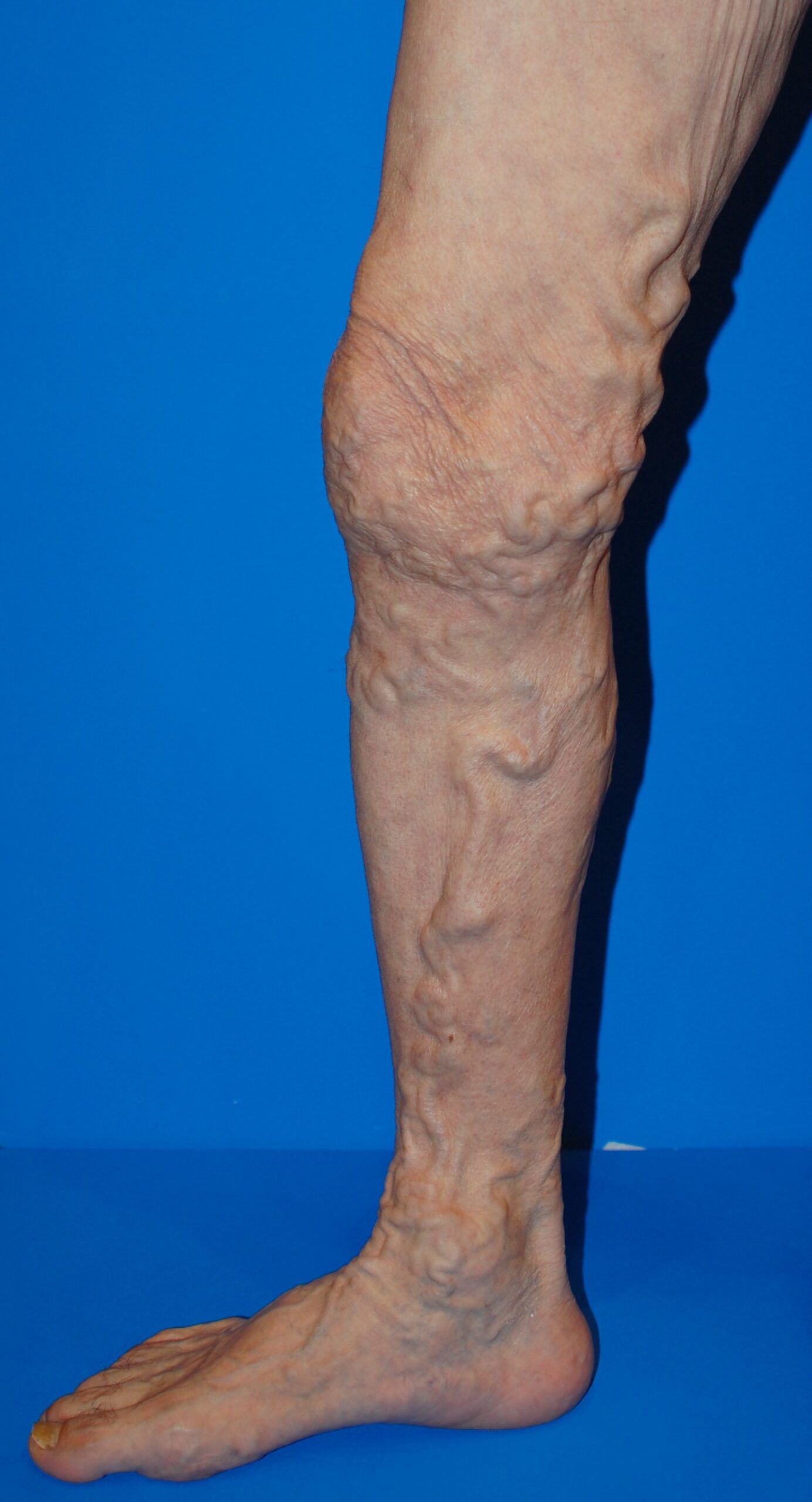
3. Swelling Associated with Varicose Vein Progression
This condition is common in people who stand for long periods. Along with swelling, individuals may also experience increased leg fatigue at night.
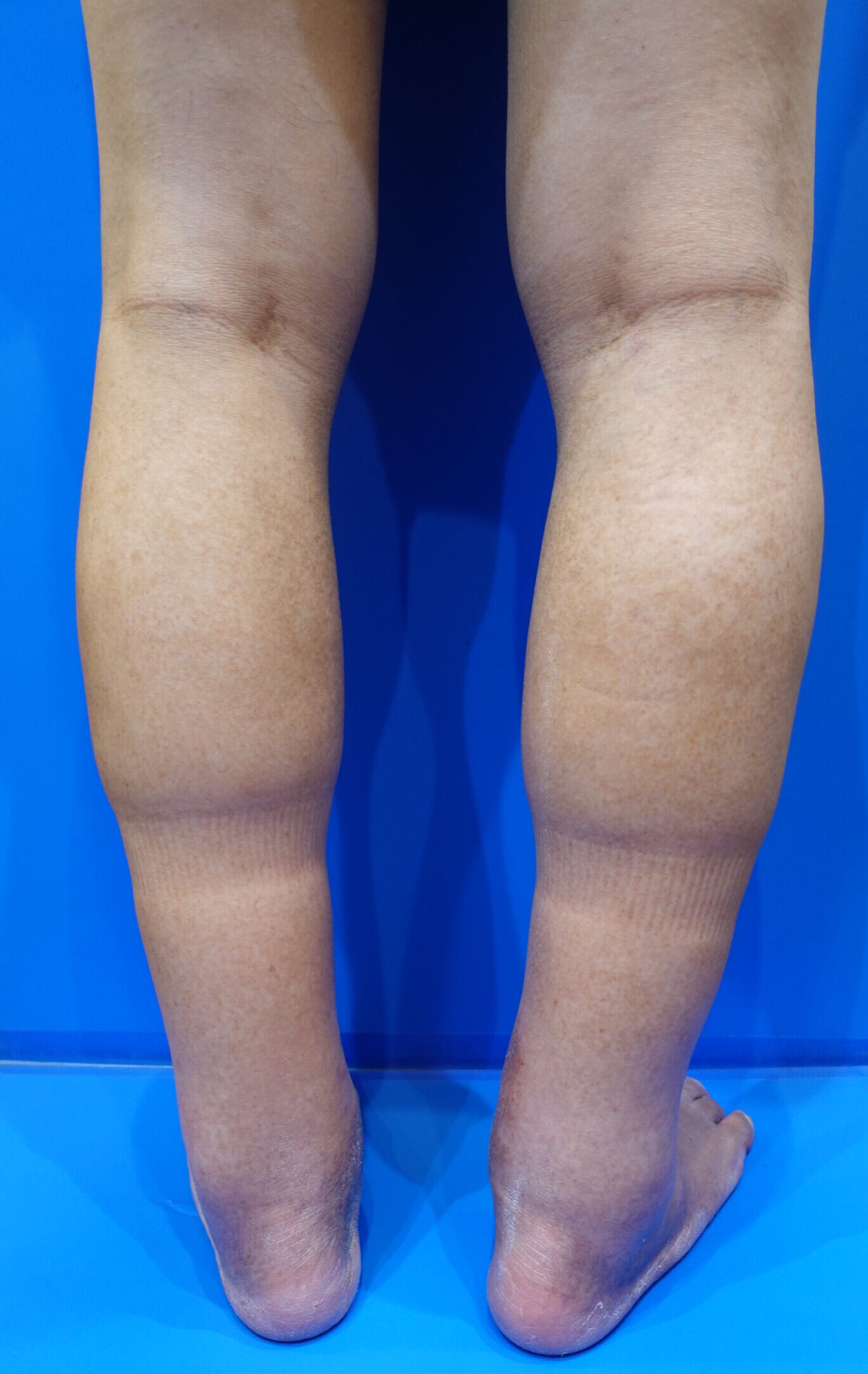
4. Severe Varicose Veins
In this example, visibly bulging veins can be seen on the calf. Skin discoloration (pigmentation) has also started, indicating a high risk of skin ulcers, which may require surgical treatment.
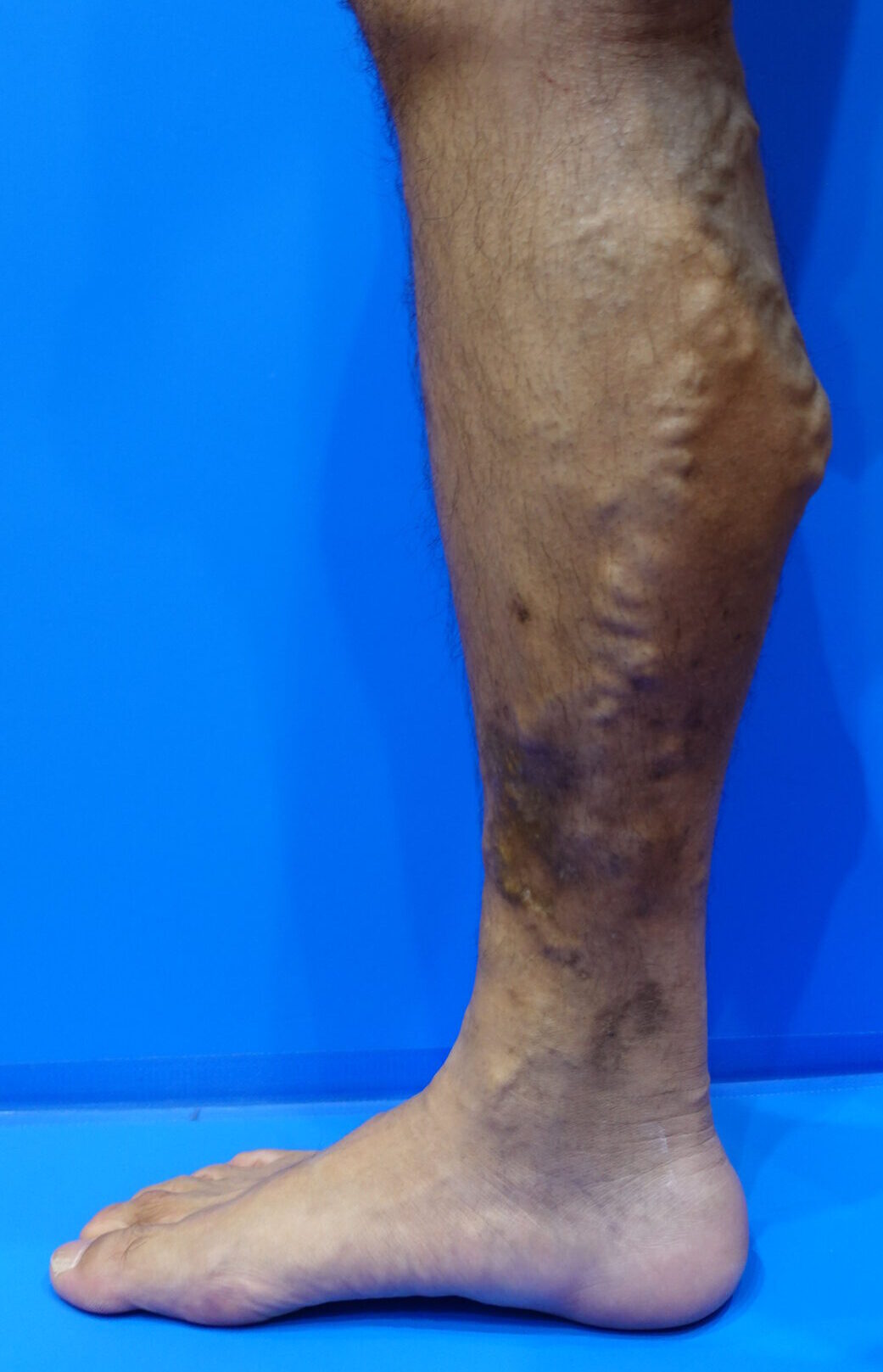
5. Varicose Veins and Skin Hardening
Due to poor blood circulation, the skin not only turns brown but also becomes hardened due to chronic inflammation.
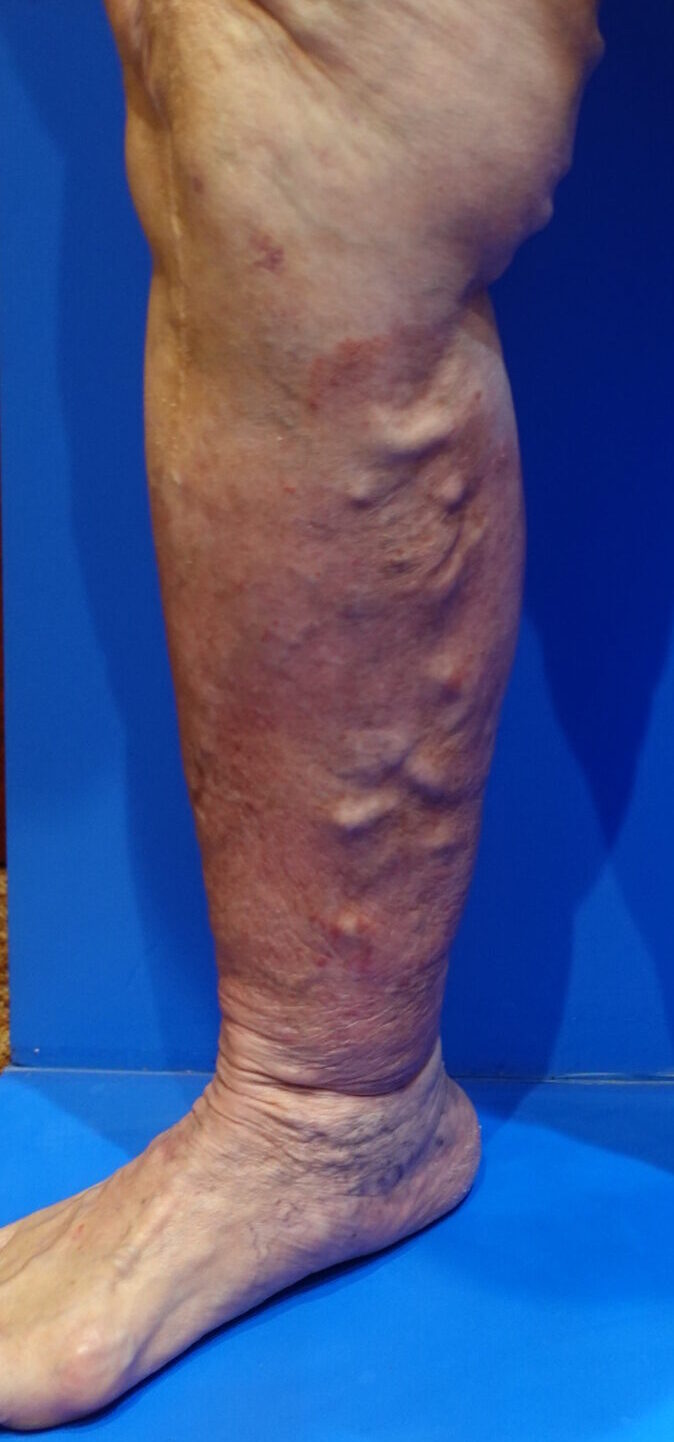
6. Cases with Skin Ulcers
In severe cases, skin ulcers may develop. These pose a high risk of infection, making early treatment essential.
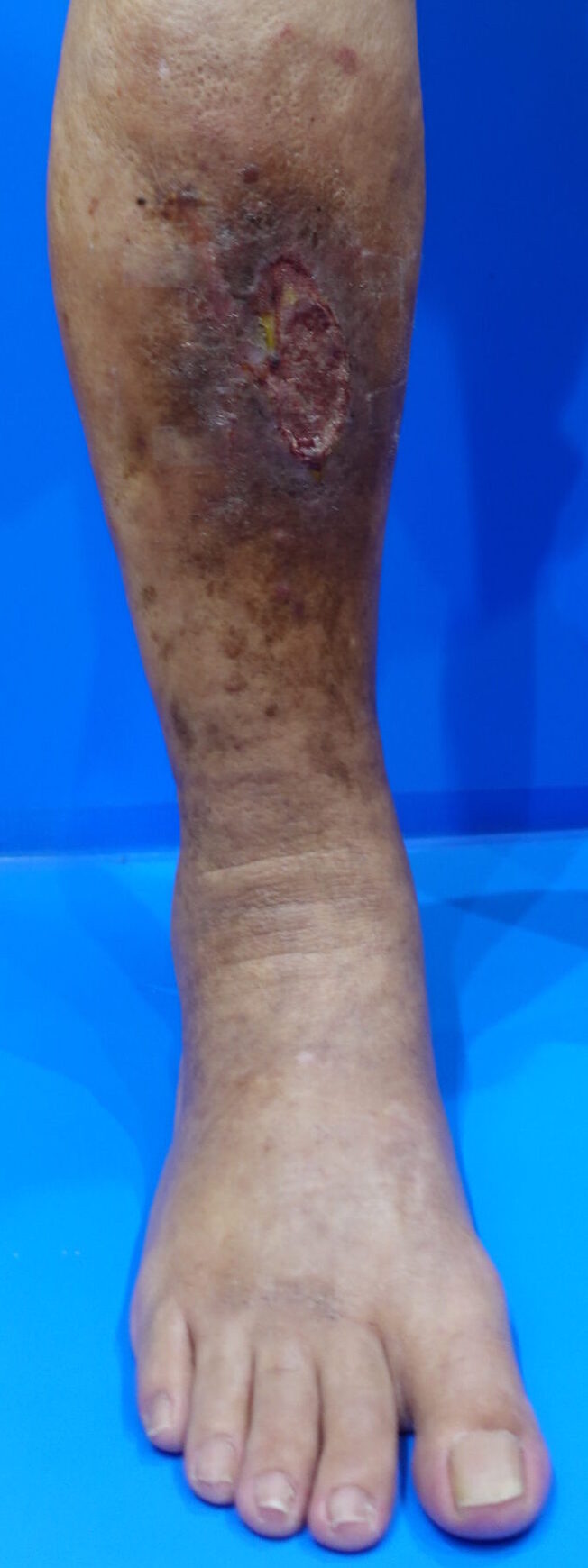
7. Itching and Eczema on the Legs
Varicose veins can also cause itching and eczema on the legs. The image below shows the appearance of reddish skin inflammation.
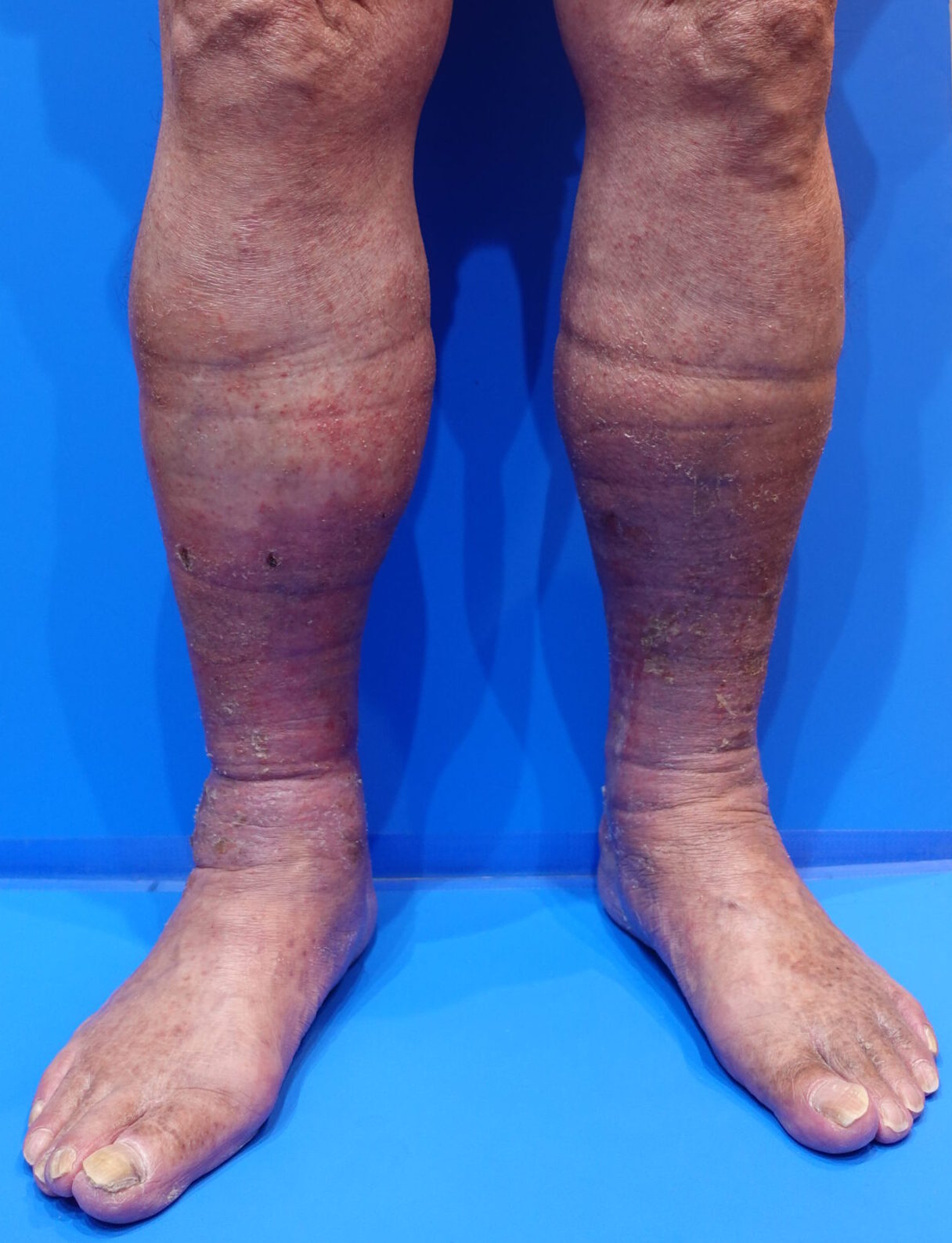
8. Post-Treatment Varicose Veins
After treatment, the bulging veins become less noticeable, and the condition of the legs improves significantly.

Conclusion
It is essential to take appropriate measures in the early stages of varicose veins. Avoiding prolonged standing and using compression stockings can help prevent worsening symptoms. If the condition progresses, it is important to consult a specialist and consider appropriate treatment.

